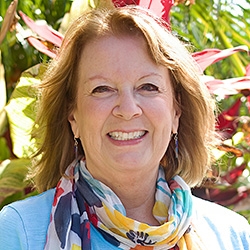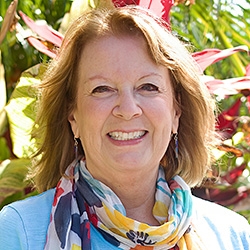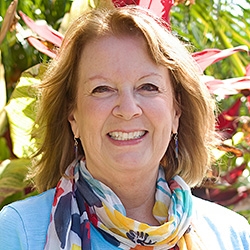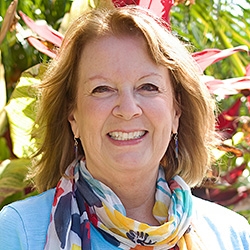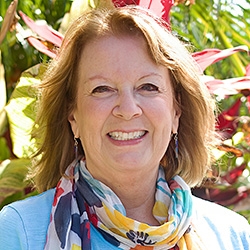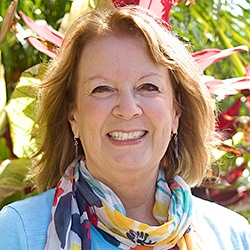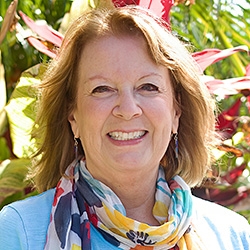
NVC Resources on Connection
-
Trainer tip: Judging others can affect our ability to communicate effectively with that person, or enjoy the relationship. Translating the static judgments (enemy images) we have of others into our own and others' feelings and needs can help us move into greater understanding, healing, and relief -- which can foster compassion and connection. Read on for more.
-
Trainer tip: If you are in a relationship (whether personal or work related) that you are not happy with, consider talking to the other person in an effort to connect about both your needs. Talking about it doesn’t guarantee that you will like the resolution, but not talking about it guarantees continued unhappiness. Read on for more.
-
Trainer tip: People often presume why something happened before checking with the other person. Instead, if we were to name the facts of what happened through observation without adding in our own judgments or reasons why we think it happened, we can more easily open the possibility for deeper connection with the other person. Read on for more on making observations.
-
Trainer Tip: When we sympathize, we relate an aspect of someone’s story to ourselves. When we empathize, we reflect the feelings and needs of the other. Empathy helps people connect more deeply to their own and another’s pain, and helps resolve issues with clarity and ease. Notice when you're giving someone sympathy rather than empathy.
-
Trainer Tip: Requests include a specific action to help us get our needs met. If we have a complaint or in conflict, and we don’t make specific requests, people are left guessing and/or wondering about what will meet our needs. Our chances for getting our needs met can then become limited. Instead, try ending with a request to let the other person know exactly what you would like to happen.
-
In thinking about your relationship with fear and doubt, see what happens when you ask yourself "What do you trust?”. Here's an example response to that question, and how it can open new perspective, soften fear, and bring trust to new depths.
-
Eric explains how we can often avoid regret by getting empathy before making important decisions.
-
Trainer Tip: Every single time you say or do something, even when you experience pain or regret, you are trying to meet a need. Forgiveness begins when we acknowledge the needs we were trying to meet in the situation.
-
Trainer Tip: Our inner critic judges ourselves and other people; and it is the most likely to get scared when we begin to make a change. It holds wisdom for us if we are willing to listen. When we acknowledge our inner critic and empathize with its need, we gain insights into ourselves and we clear the way for resolution.
-
Here's a practice for cultivating more awareness of our thinking and choices, when our feelings and thoughts become stimulated.

